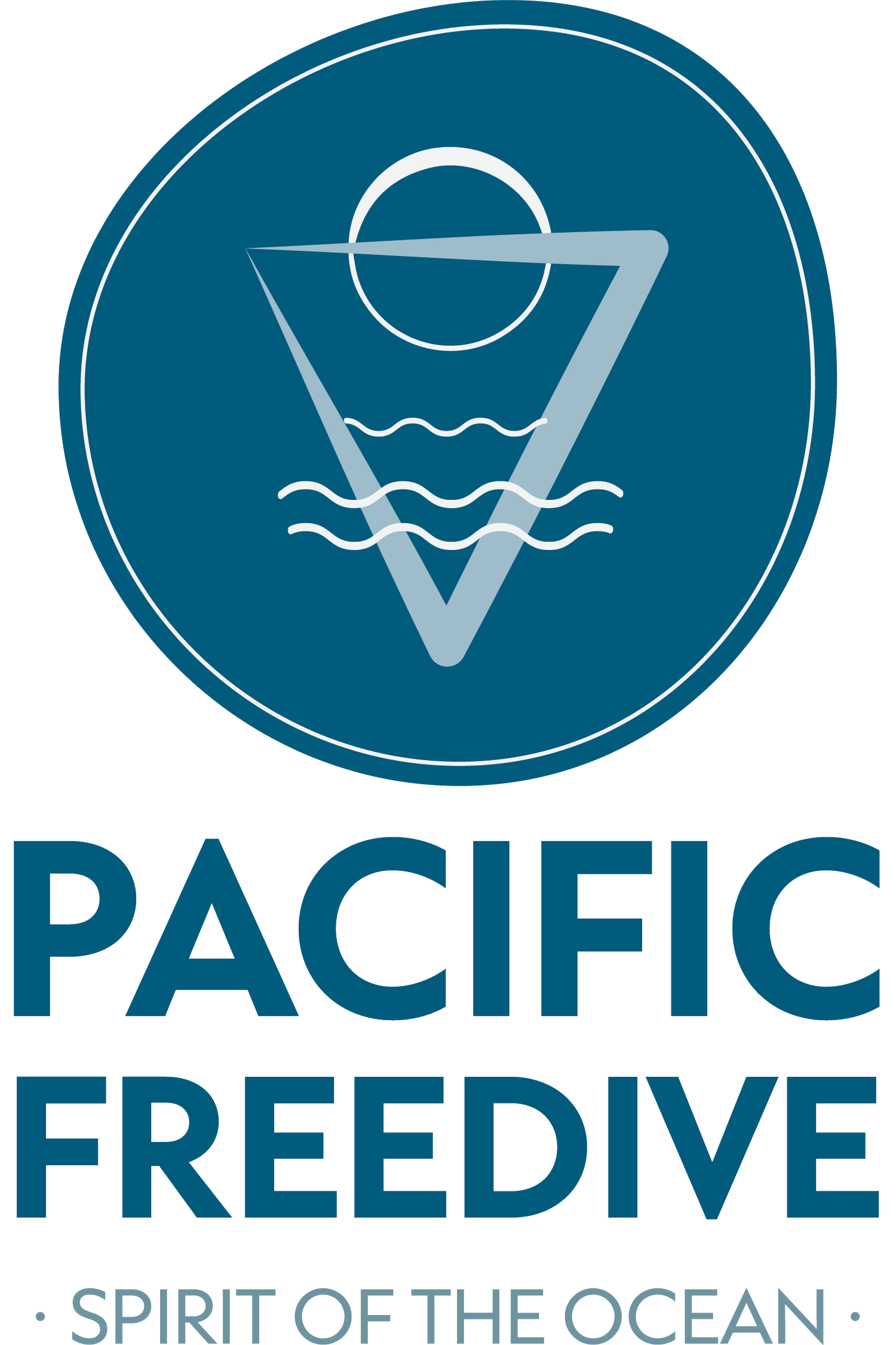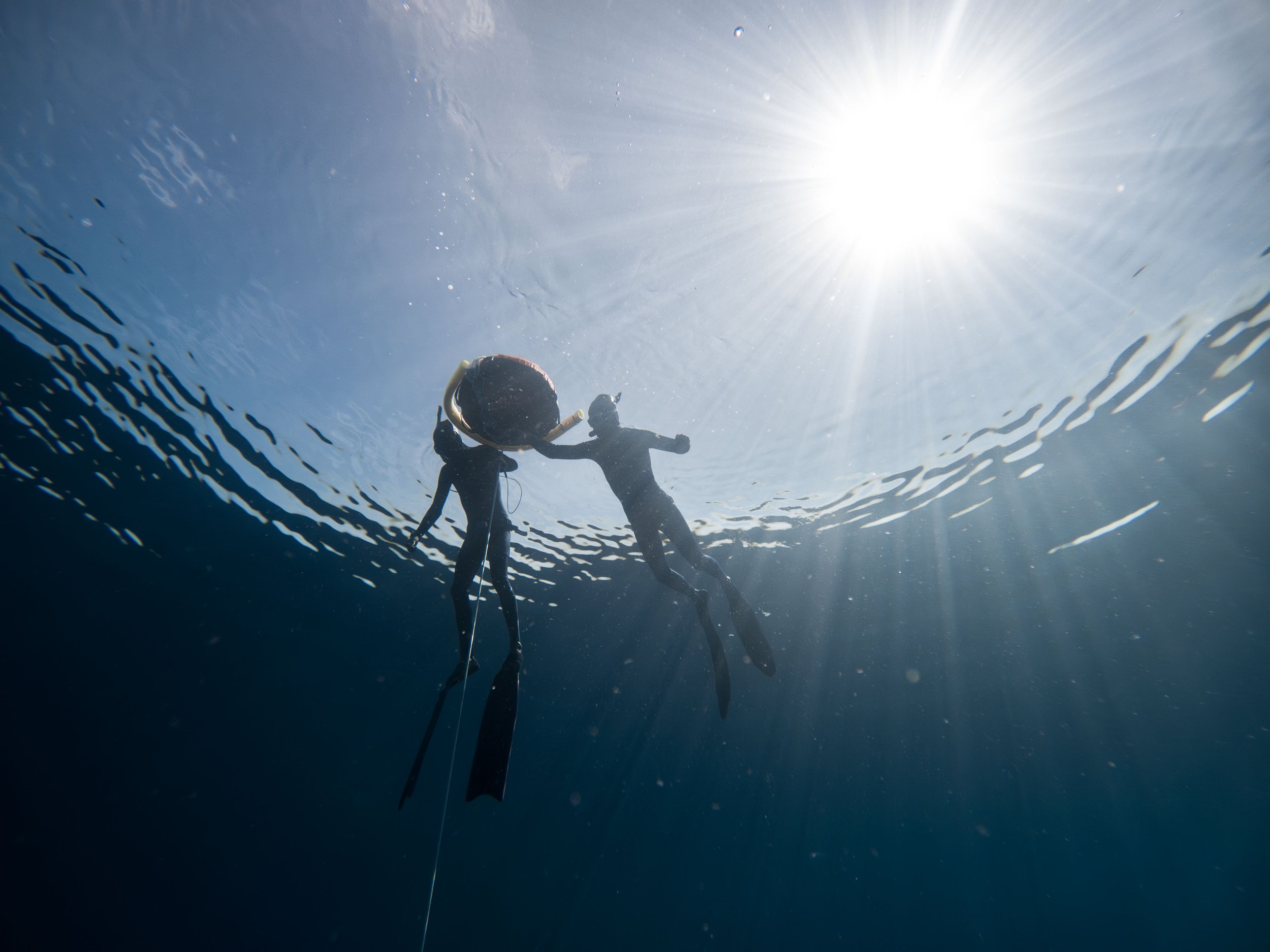Scuba Diving vs. Freediving: Dive Deep into the Underwater Experience
Water covers over 70% of our planet, and diving into its depths provides us with a unique perspective on the world. Whether you’re clad in a wetsuit with a tank strapped to your back or taking a deep breath before descending, the ocean's embrace is something everyone should experience. Let's embark on a journey to explore the underwater realms of scuba diving and freediving.
Scuba Diving and Freediving: A Quick Splash
Scuba diving involves using a self-contained underwater breathing apparatus, allowing divers to stay underwater for extended periods, while freediving, often seen as the purest form of diving, involves taking a single breath and diving as deep or as long as that breath will allow.
Your Body's Journey Underwater
Scuba Diving:
Pressure and Gases: As you descend, the water pressure increases, compressing the air you breathe from your tank. Nitrogen, a major component of this air, gets absorbed into your bloodstream. If you ascend too quickly, this nitrogen can form bubbles, leading to decompression sickness.
Buoyancy: Scuba divers wear a buoyancy control device, allowing them to control their position in the water – floating on the surface, descending, or hovering at a particular depth.
Freediving:
Mammalian Dive Reflex: When you freedive, your body taps into the mammalian dive reflex, a set of physiological responses optimizing your body for underwater survival. Your heart rate drops, peripheral blood vessels constrict, and your spleen releases more red blood cells, enhancing oxygen efficiency.
Equalization: The deeper you go, the more pressure affects your eardrums. Freedivers use techniques like the Frenzel to equalize the pressure.
Health and Mind Benefits: Why Freediving Might Just Be Your New Meditation
Breath Control: Freediving trains you to control and optimize your breathing. Not only does this boost lung capacity and efficiency, but it also helps in stress reduction and relaxation in daily life.
Flexibility: Diving with just a breath demands more flexibility and strength, especially in the diaphragm and intercostal muscles.
Mindfulness: The very essence of freediving revolves around being in the present moment. It's a dance between mind and body, where every thought is centered on the breath and movement.
Connection with Nature: Without the noise and bubbles of scuba equipment, freedivers often report closer encounters with marine life. It's just you and the ocean, connecting in the most intimate way.
Dive into Fun Facts about Freediving
Historical Depths: Freediving isn't a new fad. For thousands of years, humans have been diving into the ocean's depths. Ancient cultures practiced freediving to gather food, pearls, and other treasures.
Holding Breath: The world record for static apnea, holding one's breath underwater without any movement, is an astounding 11 minutes and 54 seconds!
Deepest Dive: The record for the deepest freedive stands at an incredible 214 meters (702 feet), achieved by Herbert Nitsch in 2007.
Dolphin Connection: Ever felt a kinship with dolphins? Maybe it's because they are also natural freedivers. Dolphins sleep by shutting down one-half of their brain at a time, allowing the other half to remain conscious and rise to the surface for air.
In Conclusion: Dive Your Way
Whether you're a fan of the equipment-laden scuba diving or the minimalist approach of freediving, the ocean offers wonders that wait to be explored. For those seeking not just an adventure but a journey of mind-body connection, freediving might just be the deep dive into mindfulness you've been searching for.
Dive deep, embrace the blue, and always remember: the ocean’s mysteries are as vast as the benefits it offers. Whether scuba diving or freediving, the sea is calling. How will you answer?





